At the discussion session on the draft Law on Personal Income Tax (amended), many National Assembly deputies said that the new draft has many noteworthy innovations, but still does not accurately reflect the income gap between groups of workers and does not create motivation for those with high qualifications and skills.
"Personal income tax must motivate workers to work"
Delegate Do Manh Hien (Hai Phong delegation) said that the current method of determining taxable income threshold is outdated compared to the speed of socio-economic development.
"According to the draft, an income of 1.2 billion VND/year or more, equivalent to 100 million VND/month or more, is considered high and subject to the highest tax rate (35%). This calculation is outdated and no longer reflects reality," he said.

Delegate Do Manh Hien, Hai Phong delegation (Photo: Nguyen Hang).
According to Mr. Hien, in many professions, especially in the private sector, this level of income does not mean wealth, but is the result of hard work and high expertise.
"Doctors, engineers, and highly skilled technicians have to work with great intensity, long hours, and stress, but are taxed at 35%. This is unfair and goes against the policy of encouraging and making use of high-quality human resources," he analyzed.
Delegates said that the 5-level progressive tax schedule as drafted is unreasonable and contradicts other State policies on human resource development.
"If such income is considered high, we will not be able to encourage talented people. Building policies like this will be difficult to implement in real life," he said.
According to Mr. Hien, the highest taxable income level needs to be raised, while the highest tax rate needs to be reduced to reflect reality and create motivation for work.
"We are living in a fast-growing economy, people's incomes have changed significantly, but the tax schedule is almost never updated. If not amended, the law will become increasingly distant from reality," he emphasized.
Sharing the same view, delegate Nguyen Ngoc Son (Hai Phong delegation) also said that the current highest tax rate of 35%, among the highest in the ASEAN region, could reduce the attractiveness of high-quality human resources and create a sense of inequality between salaried workers and those with income from investments.
Besides, delegates also pointed out that the current tax declaration and payment process is still cumbersome, impractical, causing difficulties for people.
"This is a policy directly related to the people, so the procedures must be simple, easy to understand and easy to implement," he suggested.
Income classification is needed for fair tax calculation.
Delegate Phan Duc Hieu (Hung Yen delegation) said that the current regulations on personal income tax are not really reasonable and need to be adjusted to ensure fairness among income groups.
He said, if compared with international experience, it can be seen that many countries do not apply the "flat" tax calculation method as Vietnam is doing.
"Currently, our tax schedule stipulates the same calculation method for everyone, regardless of income being 120 million VND/year or 3 billion VND/year, all are in the same tax bracket system and the calculation rate is the same. This approach is unreasonable," he said.
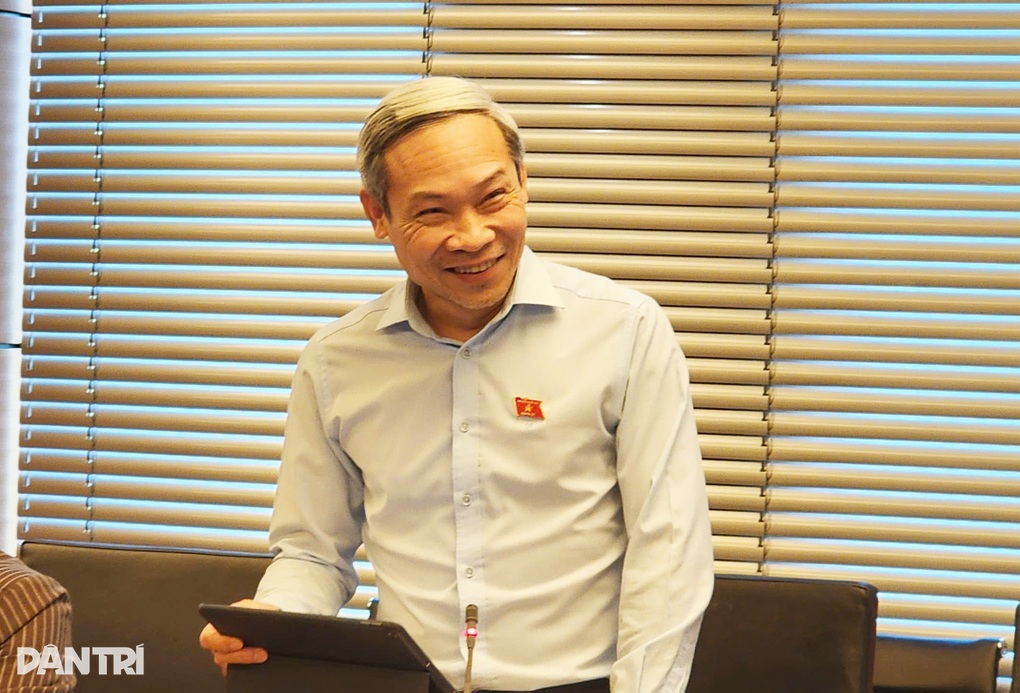
According to the delegate, the experience of other countries shows that they often classify income clearly , defining different tax rates to ensure fairness. There, the basic income is often exempt from tax or is subject to a very low rate; only the income exceeding that threshold is taxed, and the tax rate increases gradually with each higher income level.
He gave an example that in many countries, people with low incomes, for example equivalent to about 120 million VND/year, are completely exempt from tax, considered to be at a starting tax rate of 0%. When income increases, the part exceeding that threshold begins to be taxed, and each income segment is subject to a different tax rate.
"For example, the income portion exceeding 120 million VND will be subject to a low tax rate, the next higher portion can gradually increase to 10%, 15% or 20%, depending on the income level. This calculation ensures that people with higher incomes contribute more, while people with lower incomes do not lose out.
"Thus, the same person with average income is still protected, while the person with higher income will contribute more. This is a progressive calculation according to each income segment, popular in many countries, to reflect the true contribution capacity of each group of people," he said.
Delegates believe that if we continue to maintain the current tax schedule – that is, every individual, from ordinary workers to those with billions of dong in income, are placed in the same tax bracket system – it will create a clear lack of fairness.
"Ordinary workers can be subject to the same tax percentage as someone earning billions of dong, while their ability to pay is completely different," he said.
From that reality, he suggested that the drafting agency study international experience and redesign the personal income tax schedule in the direction of clear classification, gradually progressing according to income, so that tax policy can truly become a reasonable regulatory tool and encourage development.
Source: https://dantri.com.vn/lao-dong-viec-lam/thu-nhap-12-ty-dongnam-nay-khong-con-la-cao-20251105222725713.htm




![[Photo] Closing of the 14th Conference of the 13th Party Central Committee](https://vphoto.vietnam.vn/thumb/1200x675/vietnam/resource/IMAGE/2025/11/06/1762404919012_a1-bnd-5975-5183-jpg.webp)





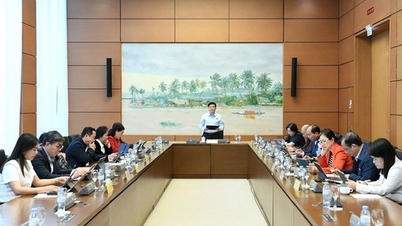

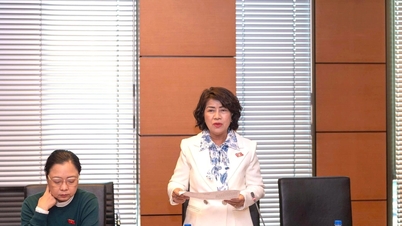

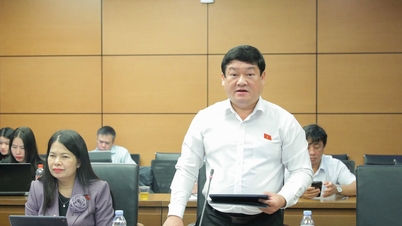
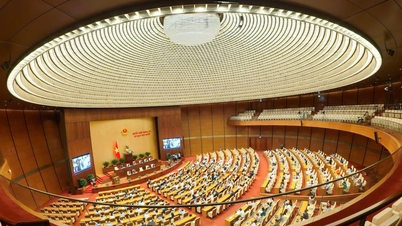



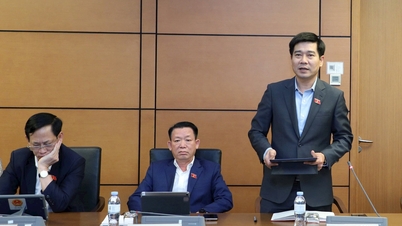
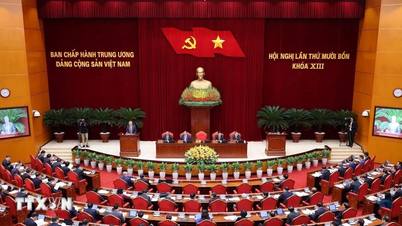

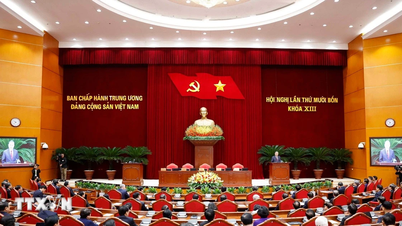
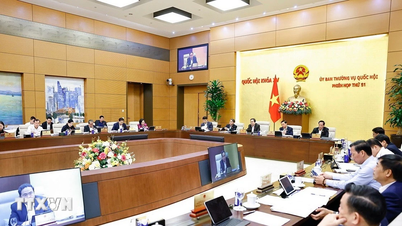
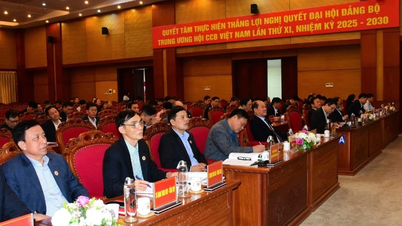

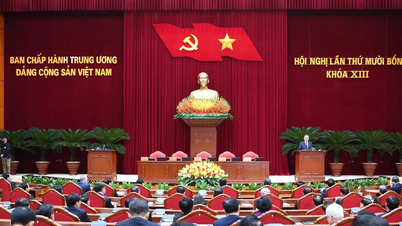








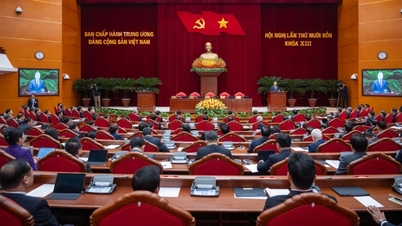
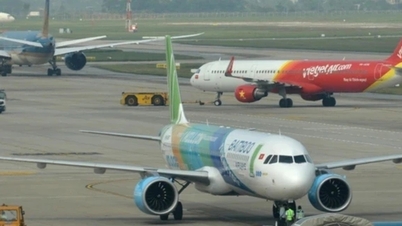





































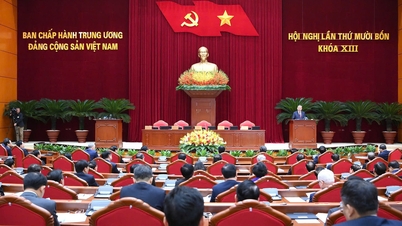



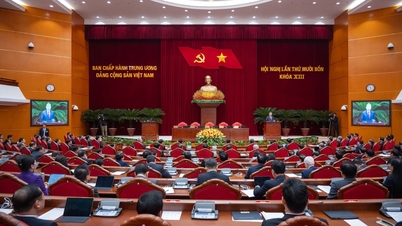





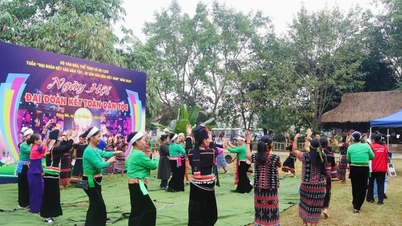
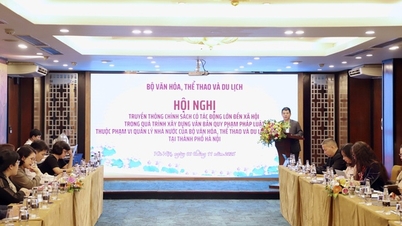


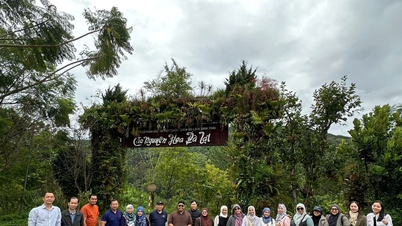

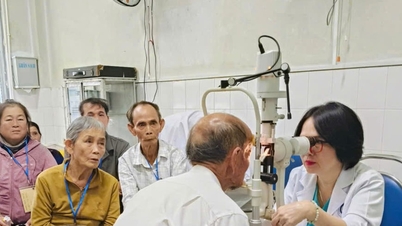

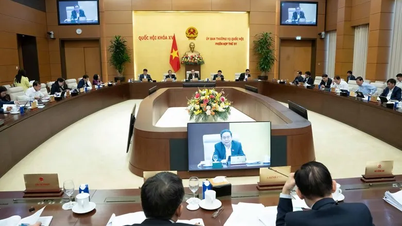
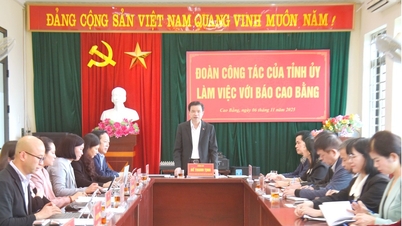















Comment (0)